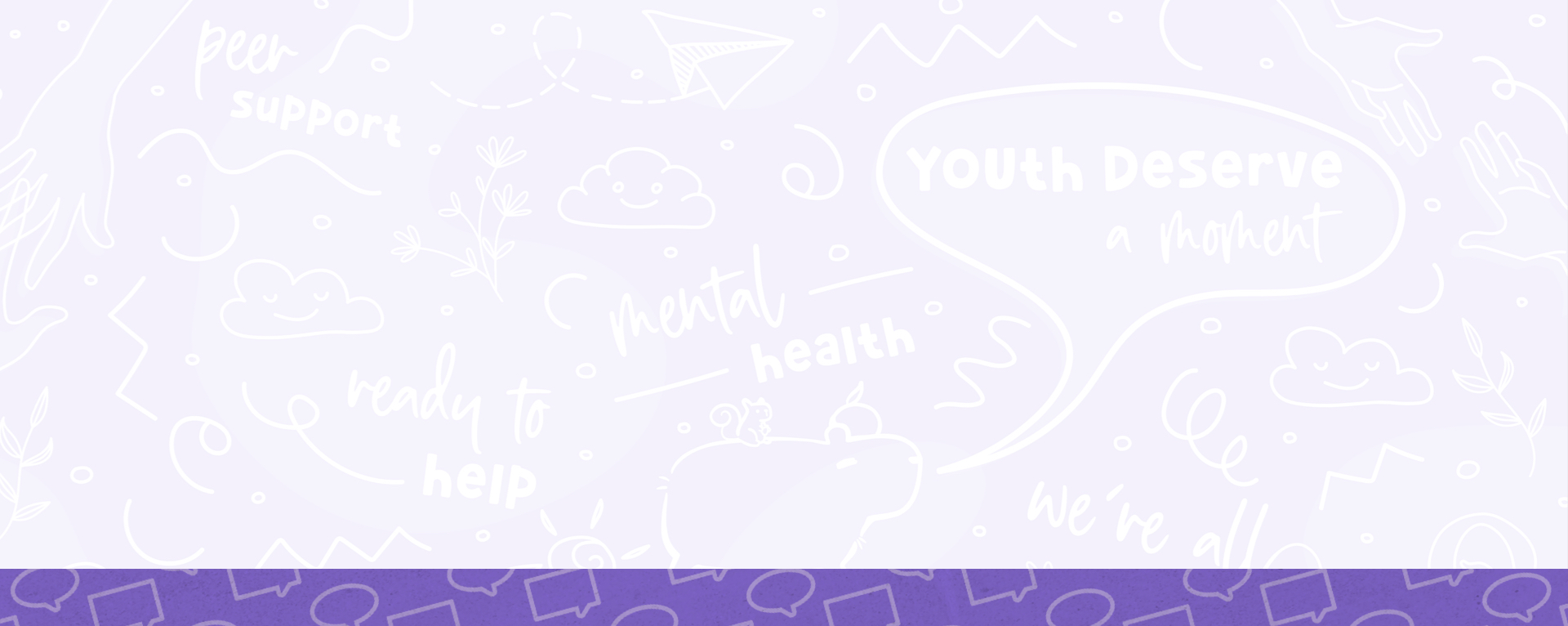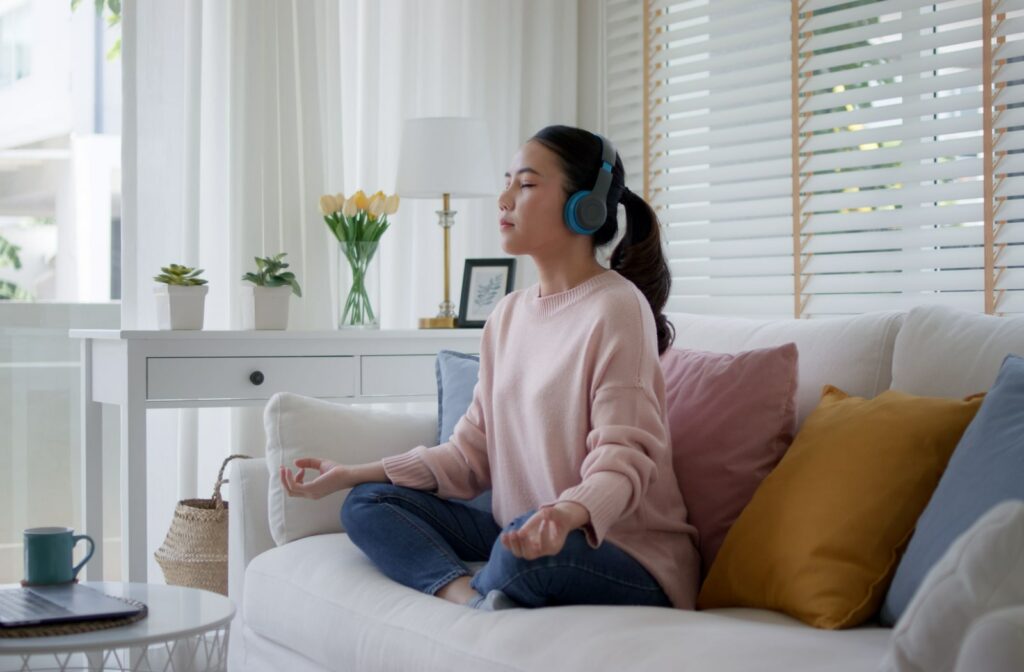Author: Angela Ziegler
Everyone has a different organizational system to keep track of the work that they have to do. It might be super elaborate and detailed with multiple layers, or it might be nonexistent. Ideally, the best system is one that keeps track of everything you have to do, but reduces stress and allows you to focus on actually doing your work. In my opinion, it’s a balancing act between making sure your system accounts for everything and keeping it simple enough so that the system itself doesn’t cause unnecessary stress.
First, I’ll talk a little bit about how I do things, but just like my post about study habits, what I do may or may not work perfectly for you. You have to try different things and then decide which strategies work well and minimize stress. I mean, for some people, not having any sort of organizational system actually works fine for them.
My system, if you boil it down, basically consists of a task list and a calendar. The task list contains everything that I have to do, and the calendar is just a way of planning out which tasks I’m working on each day (as well as keeping track of when tests and due dates are). For each day, I’ll look at the task list, decide which things from that list to focus on for the day, and then write those things in the calendar. Usually I do this the night before, or sometimes I’ll plan the whole week out if there’s a lot of stuff to do that week.
For each day, I’ll look at the task list, decide which things from that list to focus on for the day, and then write those things in the calendar.”
In terms of what I actually physically use to keep track of everything, I like to use a weekly paper planner that has a little built-in task list at the bottom of each week. I prefer paper planners because I just feel like I can be more flexible with them, but I can also see the benefits of using a digital task manager that you can access on your phone and computer. Again, it’s really up to your own personal preferences and what’s easier to use for you.
Now that I’ve kind of gone over how I generally organize my work, I want to offer some more general tips on optimizing how you manage your workload. I doubt that these things will apply to everyone, but you might be able to take away something that could help you manage your stress when it comes to work!
1. Separate the things you have to do today from the things you have to do later
In my mind, I like to separate my task list into two parts: things that I have to work on today, and things that I’ll have to work on later down the line. This helps me to not get too overwhelmed by everything I have to do. That way, I can just focus on what I have to do for that day. It also helps because if there’s something coming up, I’ll just throw it in the “later” section. It gives me peace of mind because I don’t have to think about everything all at once, yet I don’t have to worry about forgetting anything, either
2. If you have a lot of repeated tasks, you can make a separate list for those
There are some things that you have to do every day or every week which are never going to be finished. These can be tasks like practicing an instrument or doing a chore. For these tasks, I put them in a separate list and when I’m planning for the next day, I’ll just look at that list and see if I need to do any of those things for that day. This can help if you have a lot of tasks that are repeated daily or weekly, and clears up your main task list for studying and working on projects.
3. Don’t keep track of small errands in the same place you keep track of schoolwork
I’ve found that whenever I try to put everything in one “master” list of things to do, it can get really cluttered and stress me out. If you feel like you are constantly swamped by work, it might help to separate out the small, easy tasks (like getting forms signed and remembering to return your textbooks) from the more difficult work (like studying, doing projects, and working on assignments). Whenever I have little things that don’t require much time or effort, I’ll usually just put them on the reminders app on my phone. I like to reserve my planner for more strenuous work, like homework and extra-curriculars. If there are too many tasks on there, it can make it seem like you have more work than you actually do.
I don’t want this post to become too long, because I could talk about task management and organizational systems for a long time! But hopefully you got something helpful from this that can help you to decrease your stress levels and focus more on getting things done.
























